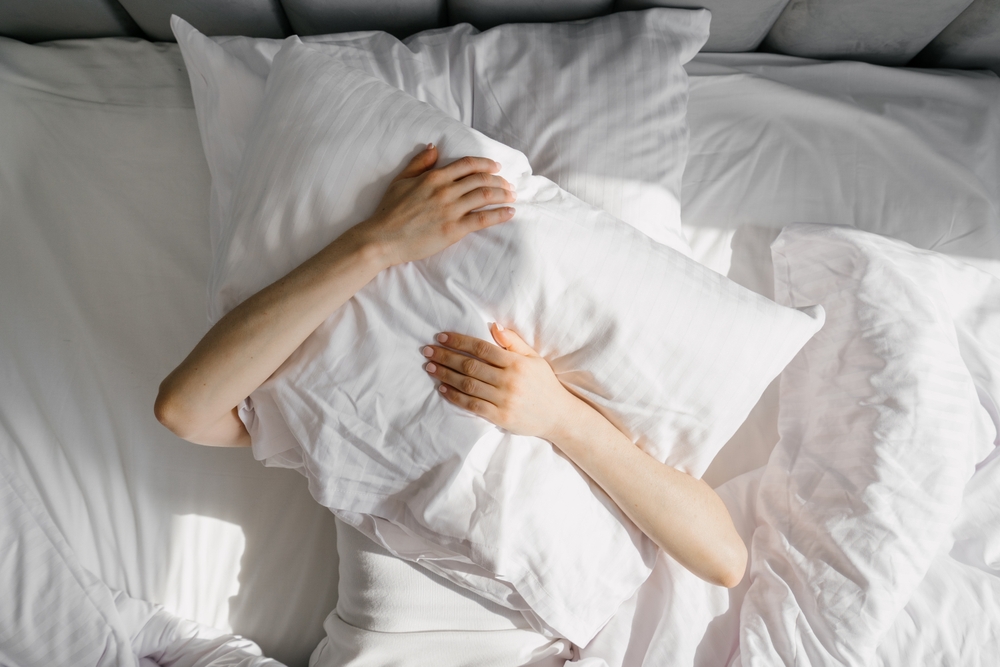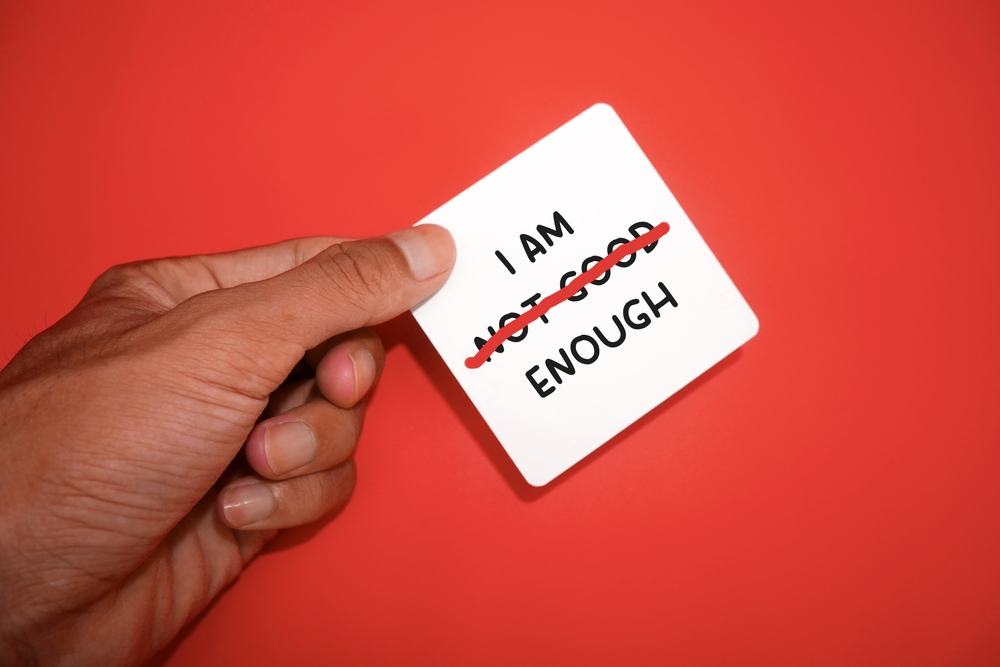The symptoms of situational depression can come on quickly, putting your mental health and happiness at risk. Knowing what is happening and where to turn for help is important to responding to situational depression, so you can get back to a healthy emotional state.
What is Situational Depression?
Situational depression (also called Reactive Depression) is a mood disorder that can seriously affect your physical and mental health. It is a form of short-term depression following a specific situation or event, including:
- Traumatic injuries
- Death of a loved one
- Divorce or a breakup
- Job loss
- Rejection
- Financial problems
- Natural disasters
- Environmental dangers
- Stressful life events
Symptoms usually develop within 90 days of the event and can last for several months. Anyone can have strong feelings about a negative life event or stressful situation. You may be more susceptible to situational depression in these contexts if you have a different mental health condition, or experienced stress or trauma as a child.
Get Help Responding to Situational Depression
Talk to a psychotherapist about your grief or reactive depression symptoms today.
How is Reactive Depression Different from Other Depressive Disorders?
Unlike other forms of depression and mental health issues, situational depression episodes generally resolve within months, rather than being an issue you may struggle with for years, or even your entire life. Unlike Major Depressive Disorder, reactive depression is also directly tied to a triggering event. While other types of depression can result in a more generally lower mood of affect, reactive or situational depression can cause an otherwise happy person to experience intense stress, sadness, and other depressive symptoms.
Why Situational Depression is Different than Grief
Experiencing a situational depressive episode can feel very similar to grief. However, accurate diagnosis is important to allow you to get the support you need to properly address and respond to situational depression. Grief is a natural response to loss, while situational depression is a separate mental health disorder. People experiencing grief may have intense negative emotions similar to depression, but as they progress through the stages (at their own pace), they will generally be able to experience happiness and enjoy their everyday activities. Sometimes, short-term bereavement therapy can help hasten the process and reduce the impact on everyday life.
On the other hand, if you are experiencing situational depression, it may be hard to distinguish your feelings about the traumatic or stressful event from the way you react to other parts of your life. This depressed mood and affect (emotional expression) may apply even to things completely unrelated to the negative life event. Also, while situational depression does have a relatively short duration, it does not necessarily follow the same stages as grief. Successful treatment depends on you recognizing that it is a separate mental illness, and working with a skilled psychotherapist to respond to situational depression and its symptoms.
Symptoms to Watch For in Reactive Depression
Even though situational depression is not a permanent condition, it can still be very difficult to manage, and have a severe effect on your wellbeing. The symptoms of clinical depression – situational or otherwise – can include:
- Persistent sadness or hopelessness
- Crying
- Anxiety
- Irritability
- Fatigue or tiredness
- Loss of interest in hobbies or passions
- Low self-esteem
- Feelings of guilt, blame, or shame
- Lack of motivation
- Problems making decisions
- Thoughts of self-harm or suicide
Depression can also affect your physical health. In addition to the mood altering aspects of the mental disorder, situational depression could cause you to experience:
- Headaches
- Digestive issues
- Tightness in the chest or throat
- Weight changes
- Loss of libido
- Sensory sensitivity
- Menstrual changes
- Aches and pains
- Breathing difficulties
- Dry mouth
As with other forms of depression, the symptoms of the disorder vary from person to person.
Responding to Situational Depression
Because depressive disorders including reactive depression affect motivation and your feelings of self-worth, it can be hard to reach out to get the help you need to move through it. If you are feeling severely depressed because of a negative life event, remember that you are worth more than your circumstances, and that there are people in your life who want you to be happy and healthy. Often, you can turn to your friends or loved ones for help and support in responding to situational depression. Don’t be afraid to admit you are struggling and ask for help.
Psychotherapy (sometimes called talk therapy) can be one of the best treatments for responding to situational depression. Because situational depression episodes generally only last for a few months, treatment often takes the form of short-term therapy. The goals during this therapy often center on responding to situational depression symptoms, developing coping mechanisms for stress and low mood, and providing a safe place to work through the negative emotions that come with the condition.
In addition to therapy, you can regulate and respond to situational depression symptoms by:
- Maintaining a healthy diet
- Regular exercise
- Regular sleep schedules
- Investigating new hobbies or interests
- Connecting with and getting support from friends and family
- Attending support groups or group therapy sessions
Sometimes, your doctor may also recommend antidepressants or other medication to address severe situational depression symptoms, especially if your disorder is affecting your physical health or you are experiencing thoughts of self-harm or suicide. However, medication generally should not be used alone. Instead, it should be paired with psychotherapy to develop skills to respond to situational depression on your own, should the symptoms resurface.
If you are experiencing situational or reactive depression, or persistent grief, you should prioritize your own happiness. By working with an experienced psychotherapist, you can receive a proper diagnosis, and begin your journey to better mental health.


 Are Self-Destructive Behaviors Hurting You at Work?
Are Self-Destructive Behaviors Hurting You at Work? How Psychotherapy Helps PTSD
How Psychotherapy Helps PTSD Facing Holiday Grief Together as a Couple
Facing Holiday Grief Together as a Couple